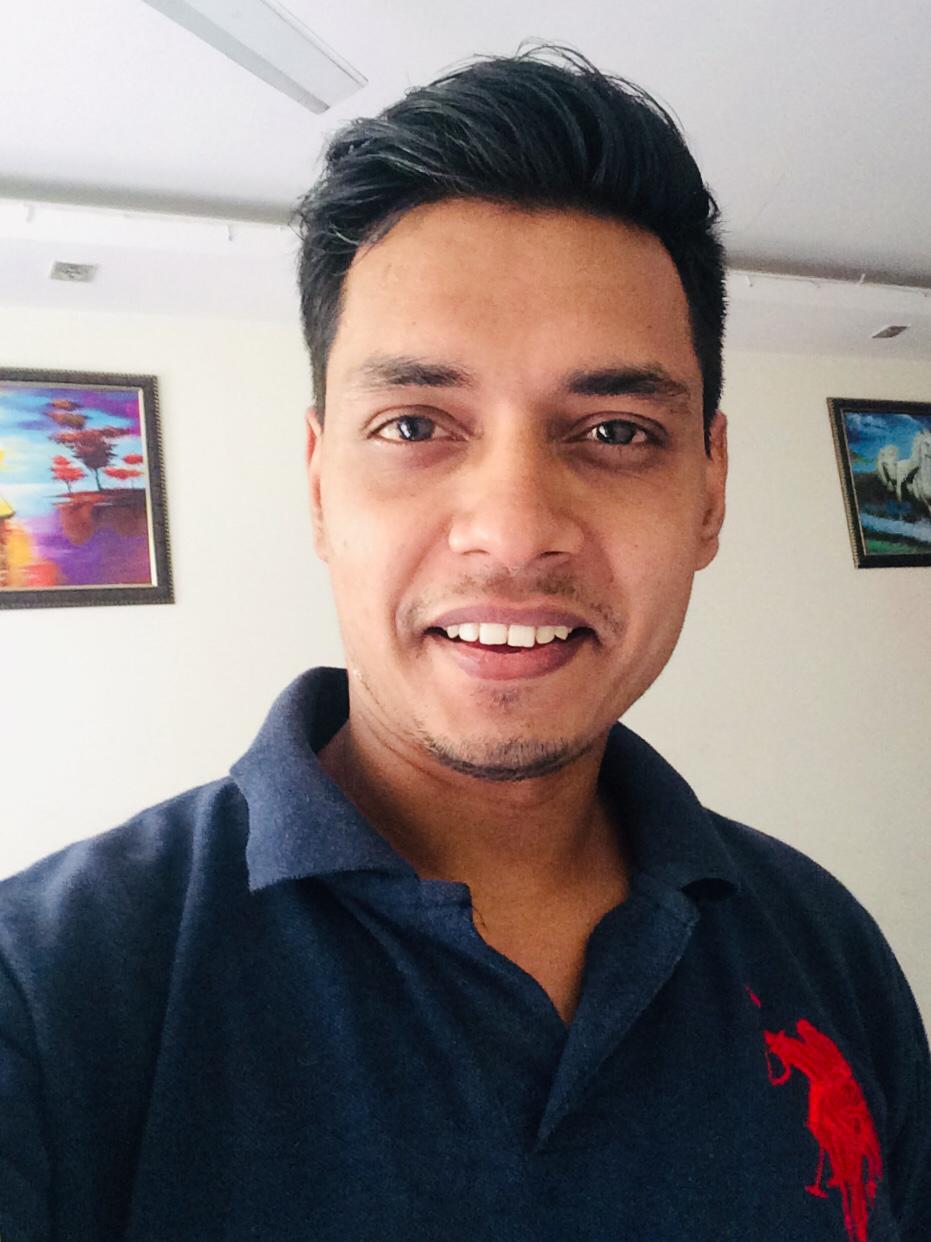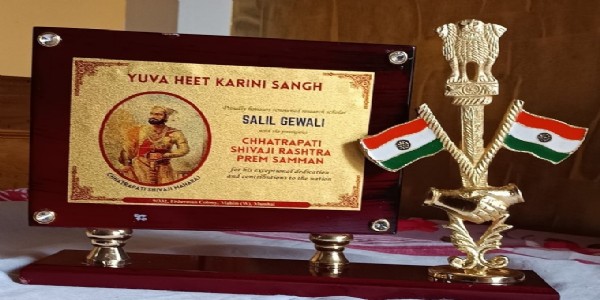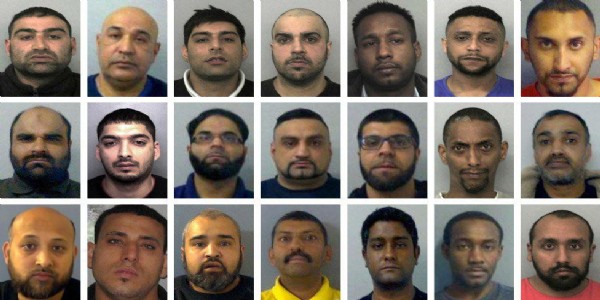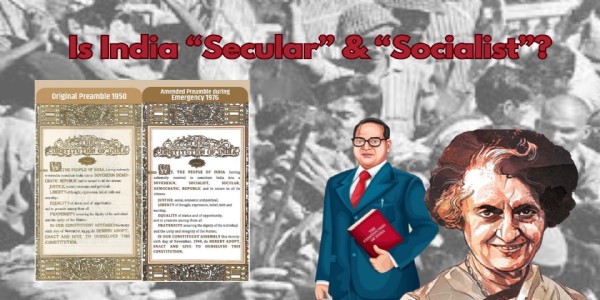Why the word minority should be redefined
In the wake of the ongoing debate of minority and majority in the country, as Hindus are fighting for minority status in 8 states, it has become relevant to understand who is the minority?
Total Views | 227
The constitution makers used the word ‘minorities’, but it was meant for “any section of citizens having a distinct language, script and culture.” Therefore, it was not for any religion! It was the National Commission for Minorities Act, 1992, which declared Muslims, Christian, Sikhs, Buddhists, and Parsi as a minority. Later Jain community was also added to this group.
According to the census 2001, there are 22 official languages and 122 major dialects in different states of the country and the speakers of 122 dialects have their own culture and traditions. For instance, there are 7 major dialects in Uttar Pradesh alone. Now, as per the constitution, should speakers of major dialects be declared minority? The fact of the matter is, if they cannot be, how can the followers of different faiths be declared a minority? Logic is given that because of the economic backwardness, they have been declared minority. If this is true then, Jamsetji Nusserwanji Tata is known as the pioneer of Industrialisation in India, who founded the TATA Group, the first $100 billion Indian company. He was a Parsi and most of the people of his community are well educated and wealthy. Therefore, where is the logic of economic backwardness?
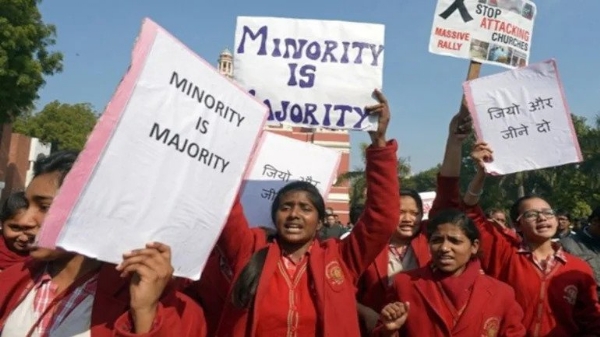
In the Muslim community, people like Azim Premji of Wipro, Yousuf Ali of Lulu Group, Yusuf Hamied of Cipla etc. are billionaires. So where is the economic backwardness in the Muslim community? If the number of poor people is more in this community as compared to others, then, it should not be seen in a national perspective. Because, the Muslims of Kerala, Gujarat and Maharashtra are as prosperous as the Hindu community of these states are. Most of the political parties, so-called representative of Muslim community, often raise the issue of poverty in their community. Rapid population growth and lack of education in this community are the major causes of backwardness. After independence, Hindu comprises 306 million (84.1%) and Muslims were 34 million (9.8%), but today the situation has categorically changed and according to the data of 2011 census, Hindus are 79.8% (966.3 million), while Muslims are 14.23% (172.2 million). It is a fact that without population control, no community can change its quality of life and the census 2011 is clearly pointing out that Hindu community has changed their life style by restraining its population growth and on the other hand, Muslim community has almost rejected this theory and as a result of this, despite various schemes by the centre and state governments, they have improved their situation very little compared to Hindus.
Many people have been saying that the reason behind the backwardness of the Muslim community is their education. This is true that both Christian and Muslim communities have large educational networks. If Indian churches are functioning convent schools, then the Muslim community has its own large educational network of Madrasa. Of course, Madrasas have their own education system, which is mostly religious and students are deprived of technical education there.
Also Read: How propaganda machineries targeting Bharat to dent its economic growth
Notably, If the children of different communities are educated all together at a particular place, they grow in a multi-cultural environment. On the other hand, if they are surrounded by a mono-religious environment, their minds get conditioned for a particular kind of environment. In such a situation, they do not show respect towards the culture and traditions of other communities. So if one says that the Muslim community has been marginalized by Majority community of this country, then, it would be the injustice. The truth is that the minority itself has maintained a distance from the mainstream of society. Why isn't it in the case of the Parsi community? Because the community thinks that they are an integral part of the country and always strive to become a progressive society. Hindu temples also run their school, but they follow the syllabus made by the government and even student from the Muslim community also attend these schools.
Owing to this minority tag, Muslim community on many occasions show revolt against the constitution and the decision to set up separate Sharia court by All India Muslim Personal Law Board (AIMPLB) is an example of this. Therefore, it is evident that the politics in the name of minority and majority is fully divisive, and it is a threat to the nation. Few years back, the UP government proposed to modernise all the Madrasa in the state, but Islamists widely opposed this move by the government. The situation is worse in West Bengal and Kerala. It is important to mention that almost all the Madrasa in India teach Arabic and Urdu, but rarely do they teach Hindi and other official languages. Some people argue that the number of Children going to Madrasas are very less, and it is not effective. However, the concern is that those who study in Madrasas become religious preachers in future and it cannot be gainsaid that Muslim community have still more faith in their religious preachers and they follow their guidance.
Now the question comes up, who will rationalize the fact that crores of the citizens of this country are still the minority? If number matters, then, there are eight states where Hindus are the minority. Five states are located in the northeast region, namely, Arunachal Pradesh, Mizoram, Nagaland, Manipur, and Meghalaya while the other three are Punjab and Jammu & Kashmir (J&K) in the north and Lakshadweep in the south. So here also, the definition of minority is discriminatory.
Putting all the facts together, it could be emphasised that the word called ‘minority’ is divisive in nature and its definition is still not logical and it must be redefined.

